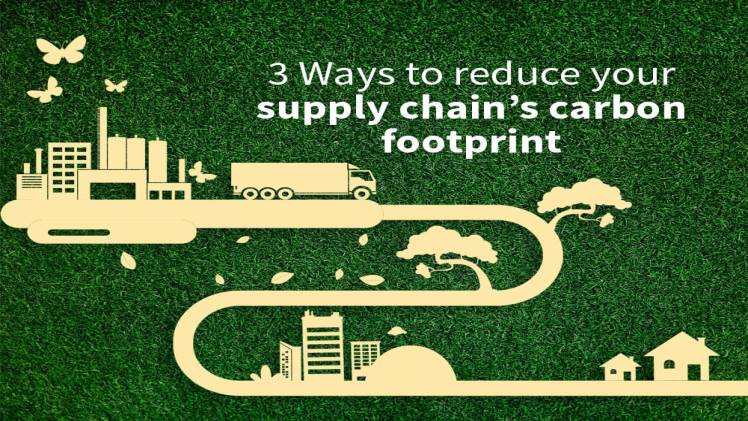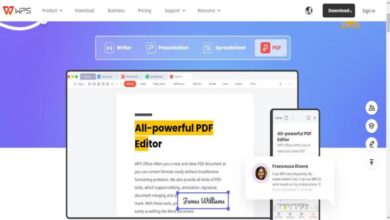Sustainable Practices in Freight Forwarding: Reducing Carbon Footprint

In a world grappling with the challenges of climate change, industries across the board are grappling to find ways to lower their carbon footprints. Freight forwarding, an industry integral to global trade, is no exception. With its extensive network of air, sea, and road transportation, the industry’s emissions are undeniably substantial. However, innovations in freight forwarding software, systems, and solutions are introducing sustainable practices that are beginning to change the narrative.
These innovations range from smart routing algorithms to cleaner fuel technologies, each playing a crucial role in reducing the industry’s environmental impact. As these innovations become more widespread, the freight forwarding industry has a unique opportunity to transform itself into a leader in sustainable practices. The advancements in freight forwarding software, systems, and solutions are not just responding to the call for sustainability; they are reshaping the industry’s operational norms, demonstrating that ecological responsibility can be seamlessly woven into the fabric of the industry’s day-to-day operations. By taking these measures, the industry is actively contributing to the global fight against climate change and setting the stage for a more sustainable future in freight forwarding.
Freight Forwarding Software: Sustainability through Optimization
Freight forwarding software is at the forefront of the industry’s sustainability drive, leveraging cutting-edge technology to optimize logistics operations. The goal of these software solutions is simple – to transport goods in the most efficient way possible, minimizing the distance traveled, reducing idle times, and thereby lowering fuel consumption and emissions.
Advanced routing algorithms, for instance, identify the most efficient routes for shipments, taking into account variables like distance, traffic conditions, and vehicle capacities. This optimizes fuel use and reduces carbon emissions. Additionally, freight forwarder software can enable load consolidation, ensuring that vehicles are fully utilized, and reducing the number of trips and the corresponding emissions.
Freight Forwarding System: Innovative, Sustainable Solutions
A freight forwarding system refers to the broader structure of processes and technologies underpinning freight operations. Today, this system is being reimagined with an eye on sustainability. Several elements are at play here.
Firstly, the integration of real-time tracking systems allows for the immediate identification of inefficiencies, enabling quick rectification. By monitoring vehicles and shipments in real-time, freight forwarding systems can adjust routes on the go to avoid delays and unnecessary fuel consumption.
Secondly, systems are embracing cleaner alternatives to traditional fuel sources. Electric vehicles (EVs) and biofuel-powered vehicles, for example, are gradually being integrated into freight operations. Freight forwarding systems are not just facilitating this shift but actively managing it by calculating EV charging times and biofuel availability in route planning.
Lastly, systems are leveraging advanced analytics to assess and manage their carbon footprints. By meticulously tracking emissions data, freight forwarders can identify areas for improvement and monitor the progress of their sustainability efforts.
Freight Forwarder Software: Enhancing Transparency and Accountability
Transparency and accountability are critical aspects of any sustainability effort. Today’s freight forwarder software is designed with these principles in mind. Through features like tracking and reporting, these platforms enable freight forwarders to quantify their environmental impact.
Companies can generate comprehensive emissions reports detailing each shipment’s carbon footprint. These reports can be used internally to drive sustainability efforts, or externally to demonstrate the company’s commitment to environmental stewardess to clients, partners, and regulatory bodies.
Freight Forwarding Solutions: Looking Ahead
The freight forwarding industry is embracing many other innovative solutions to further its sustainability goals. These range from adopting alternative packing materials to minimize waste, to exploring autonomous vehicles and drones to reduce energy consumption and emissions.
The industry is also increasingly collaborating with tech companies and startups to develop bespoke solutions. These collaborations are driving the creation of freight forwarding platforms that combine routing, load optimization, real-time tracking, emissions reporting, and other features into a single, seamless solution.
While the freight forwarding industry still has a long way to go in its sustainability journey, the progress made in recent years is encouraging. By harnessing the power of software, systems, and innovative solutions, freight forwarders are actively reducing their carbon footprints, demonstrating that sustainability and efficiency can go hand-in-hand in the logistics industry. These efforts, along with continued innovation, promise a more sustainable future for freight forwarding.
Logitude World provides freight forwarders with advanced freight forwarding software to manage all operations on one digital platform and deliver superior freight forwarding services.





